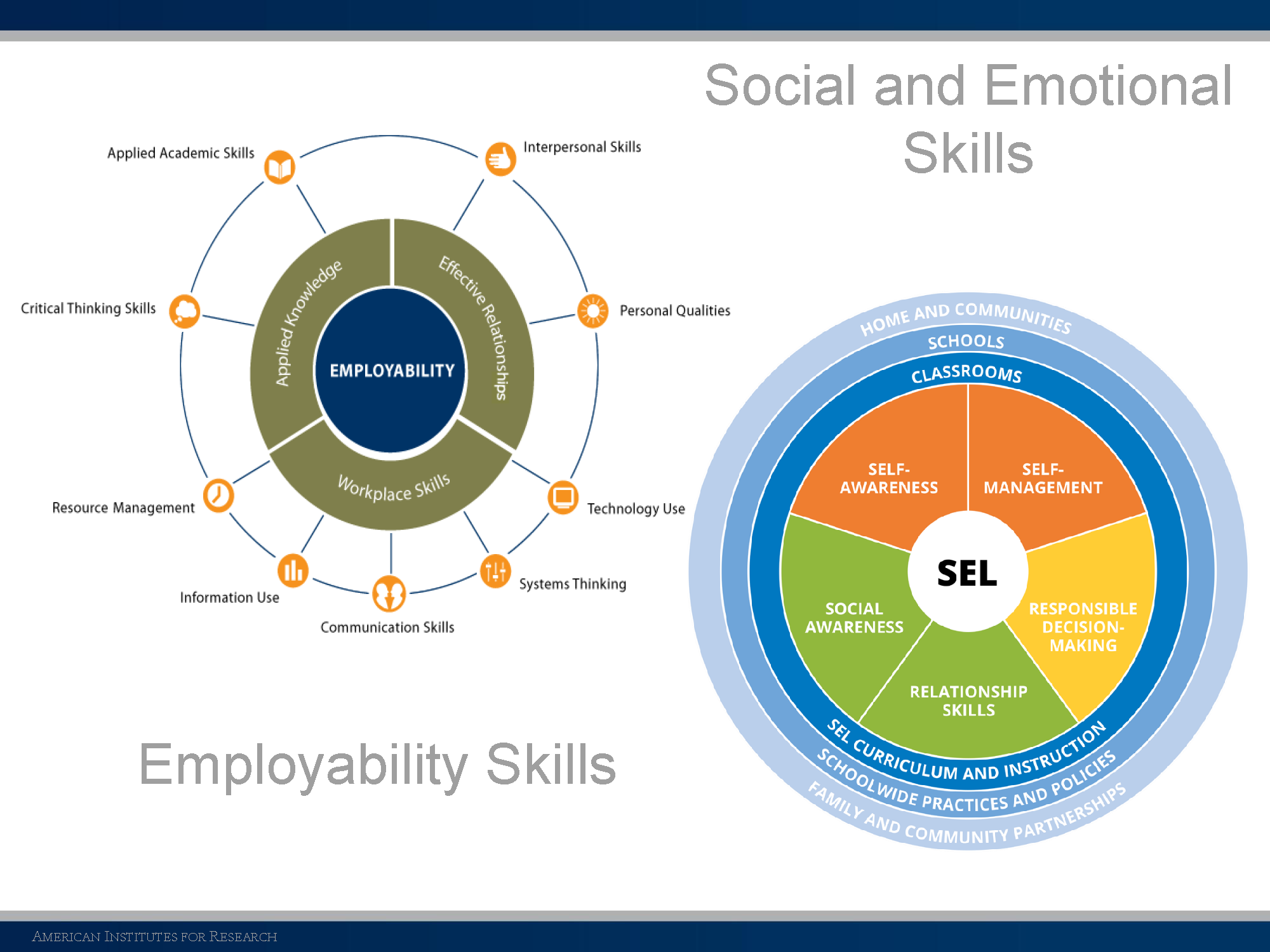The Aspen Institute’s National Commission on Social, Emotional, and Academic Development is exploring how the nation’s schools can support the holistic development of our young people. This blog post from Commissioner Laszlo Bock outlines his takeaways from the Commission’s recent meeting, which examined connections between social, emotional, and academic development in K-12 education and the workforce readiness skills that our employers need and value.
The Aspen Institute’s National Commission on Social, Emotional, and Academic Development recently met for our second session. Our goal was to better understand the needs of employers across every sector and how those needs translate into the skills students—and current workers!—should be developing.
To Transform Education, Focus on Where There’s Already Agreement
Dr. Deborah Moroney, Director and Principal Researcher at the American Institutes for Research, shared that there’s a strong body of evidence showing that the skills required to succeed professionally are the same as those required to succeed in K-12 education. In her illustration below, the framework on the left, from the U.S. Department of Education’s Office of Career, Technical, and Adult Education, focuses on employment-related skills. The framework on the right, from the Collaborative for Academic, Social, and Emotional Learning (CASEL), focuses on social and emotional skills that students should learn in school. Dr. Moroney argued that the degree of overlap in the frameworks is a source of strength.

One of the big debates in education and workforce development is where to invest scarce, finite resources. Occam’s razor would suggest starting in the obvious place: invest where the overlap is most clear. It’s very difficult to identify with precision the exact skills today’s 2nd graders will need when they enter the workforce in 10 to 15 years. It’s far more efficient to focus on the skills we know will be needed by those students throughout both their academic and professional careers.
Why Not Just Focus on Academics?
Dr. Tim Kautz, a researcher at Mathematica Policy Research, shared that IQ, GPA, and academic achievement don’t actually predict more than about 7% to 17% of future earnings. In other words, the factors we think are most important have only a small impact on how successful people really are once they enter the workforce.
So what does explain professional success? Eric Spiegel, former President and CEO of Siemens USA, shared his experience: “It’s largely because of these soft skills: the ability to lead teams, the ability to work in groups.” Siemens USA periodically surveys its managers to determine which attributes are most predictive of high performance:
- A strong work ethic
- Following directions
- Punctuality
- Written and verbal communications skills
- The ability to lead a team
- The ability to function in a multi-generational and multi-ethnic environment
Siemens invests in training programs for new employees to build these skills, but there’s a way to develop these skills very early on. Dr. Kautz described the Seattle Social Development Program, which trained teachers and students from 1st to 6th grade on conflict resolution, communication, and other “soft skills” of the type desired by Siemens. The program didn’t have much of an effect on grades: average GPAs went up by about 0.25, or less than half of a grade (e.g., from a B to a B+). But there were two massive effects.
First, student conduct improved. The students had lower rates of grade repetition; dropped out of school at lower rates; and had lower rates of pregnancy, arrest, or violent crime.
Second, students stayed in school longer and attained higher levels of education. The students who were in this program—and remember the program only went through 6th grade—were about 10% more likely to finish high school, 12% more likely to get an AA degree, and about 7% more likely to complete a BA degree.
What’s heartening to me is that, across disciplines and sectors, there’s emerging consensus that there’s a “thing” called social and emotional skills that have a sustained, positive effect on learning and professional success.
Laszlo Bock is a member of the National Commission on Social, Emotional, and Academic Development. He is an advisor to numerous Silicon Valley companies and author of “Work Rules!” after having served on Google’s management team as Senior Vice President of People Operations for more than a decade.

